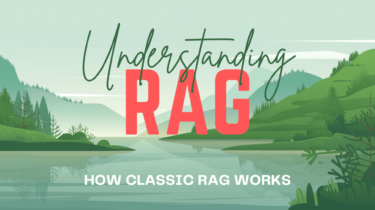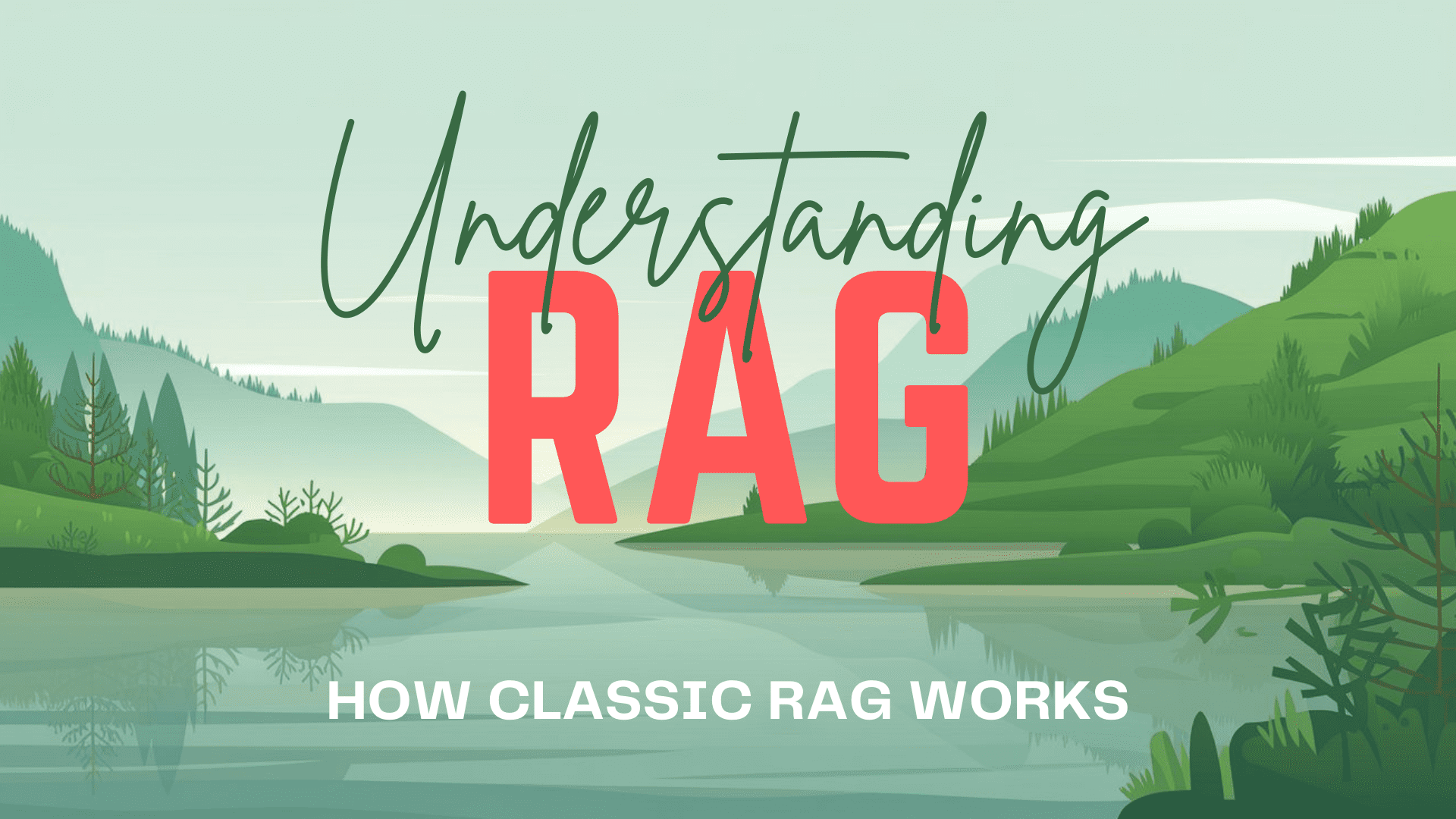Understanding RAG Part II: How Classic RAG Works


Understanding RAG Part I: How Classic RAG Works
Image by Editor | Midjourney & Canva
In the first post in this series, we introduced retrieval augmented generation (RAG), explaining that it became necessary to expand the capabilities of conventional large language models (LLMs). We also briefly outlining what is the key idea underpinning RAG: retrieving contextually relevant information from external knowledge bases to ensure that LLMs produce accurate and up-to-date information, without suffering from hallucinations and without the need for constantly re-training the model.
The second article in this revealing series demystifies the mechanisms under which a conventional RAG